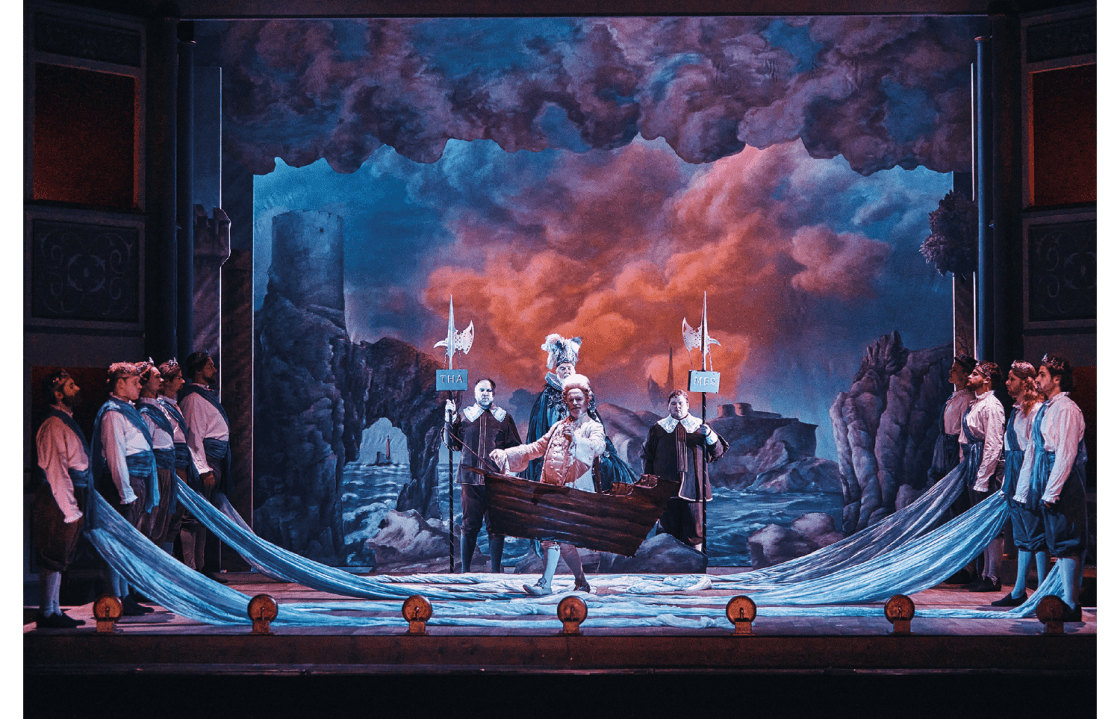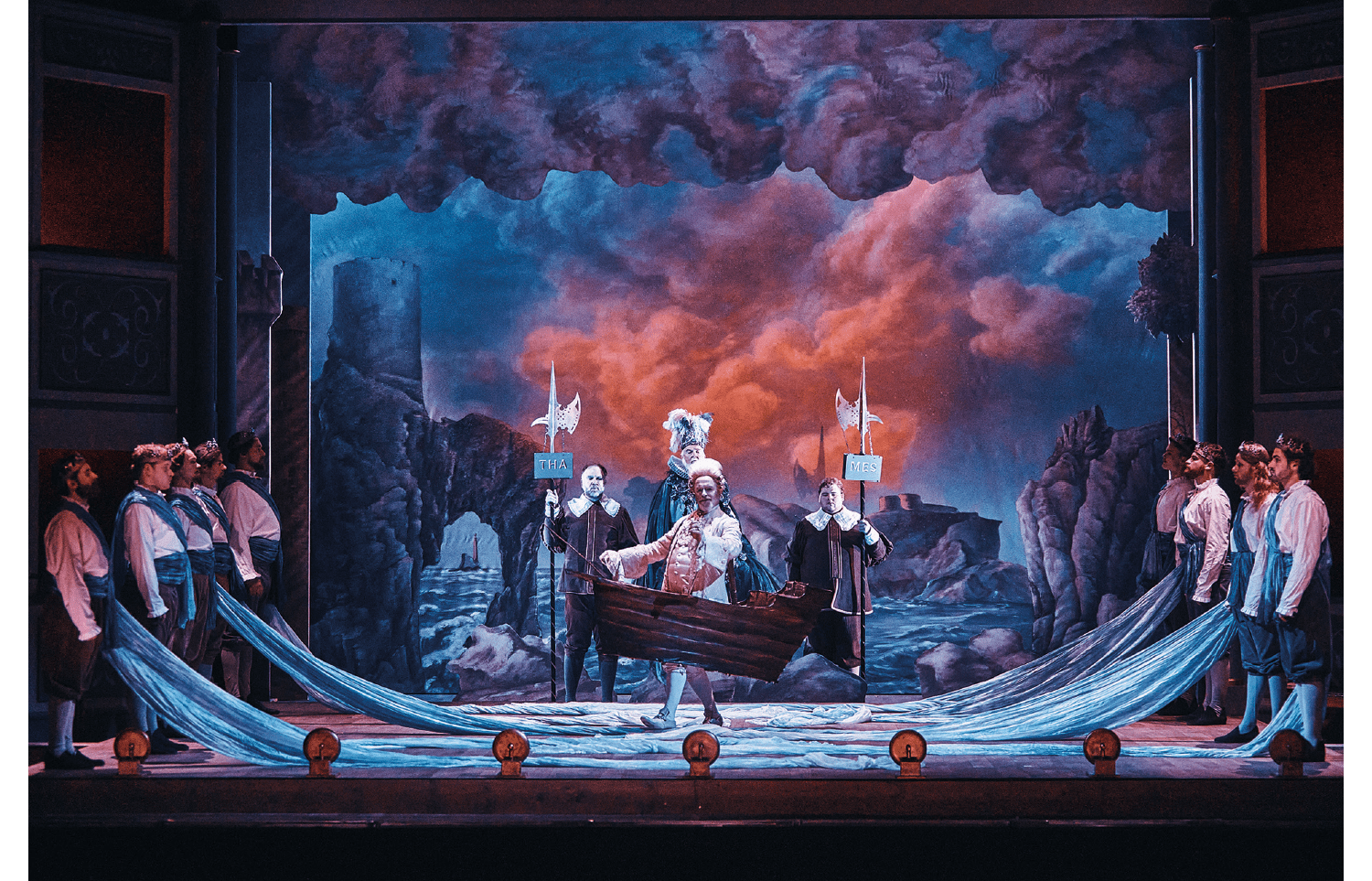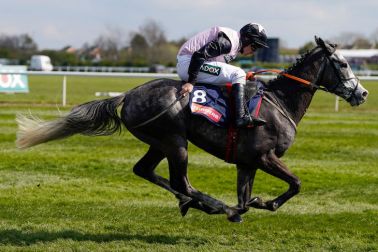‘Theatre within Theatre’ was the theme of the 2024 Wexford Festival and with Sir Charles Villiers Stanford’s The Critic, that’s exactly what you get. Conor Hanratty’s production showed the interior of an 18th-century theatre, viewed from the stage. In the second act it flipped around to reveal the audience’s perspective. Were we now the audience? Clearly we were; which was awkward because where does that leave a critic? Obviously, one can’t be the critic because there’s already one on stage (the clue’s in the title), and as it turns out, The Critic isn’t really about critics, at all. Whatever – you get the picture. It’s all very meta; and more than a bit silly.
Apparently the audience in Genoa booed Le maschere off stage, and they may have had a point
Stanford’s basic idea is simple enough. Sheridan’s backstage comedy is tweaked so that the playwright Puff is now an opera librettist, his associate Dangle is the composer and the critic Sneer (nothing if not subtle, old Richard Brinsley) is still a critic, sniping from the sidelines during a rehearsal of Puff and Dangle’s opera The Spanish Armada. They’re all spoken roles, and only the opera-within-the-play is actually sung. So there we all were: a 21st-century audience watching 18th-century characters commenting on an opera set in the Elizabethan age, sung to music – lovely, late-vintage Stanford – from the era of Elgar.
In practice, it worked a charm, and by staging it in 18th-century settings and costumes, Hanratty gave us space to puzzle it all out for ourselves. In some ways, The Critic is an opera with an inferiority complex – a rueful commentary on the Anglophone world’s enduring conviction that serious drama is spoken, not sung. The actors keep chuntering away, and the music is repeatedly interrupted so the three commentators can sharpen their wit, like a Georgian Beavis and Butthead.
The result was gently amusing (chuckles rather than belly laughs), and Stanford peppers his score with musical gags: a mad scene, an extended riff on Don Carlo and a burst of Beethoven’s Ninth when Puff plagiarises Othello.









Comments
Join the debate for just £1 a month
Be part of the conversation with other Spectator readers by getting your first three months for £3.
UNLOCK ACCESS Just £1 a monthAlready a subscriber? Log in